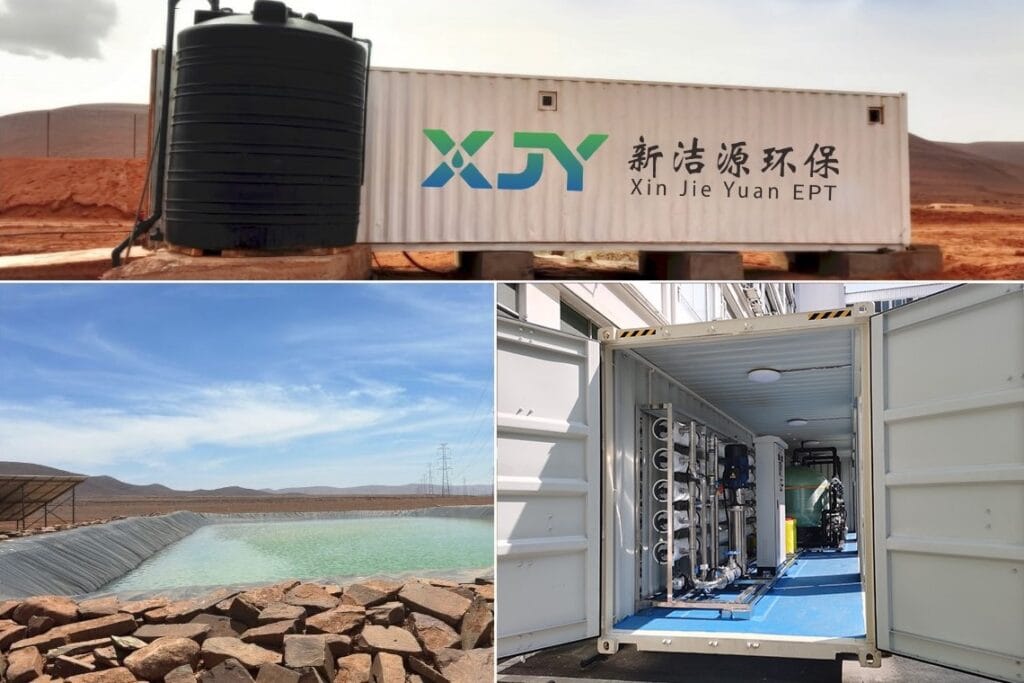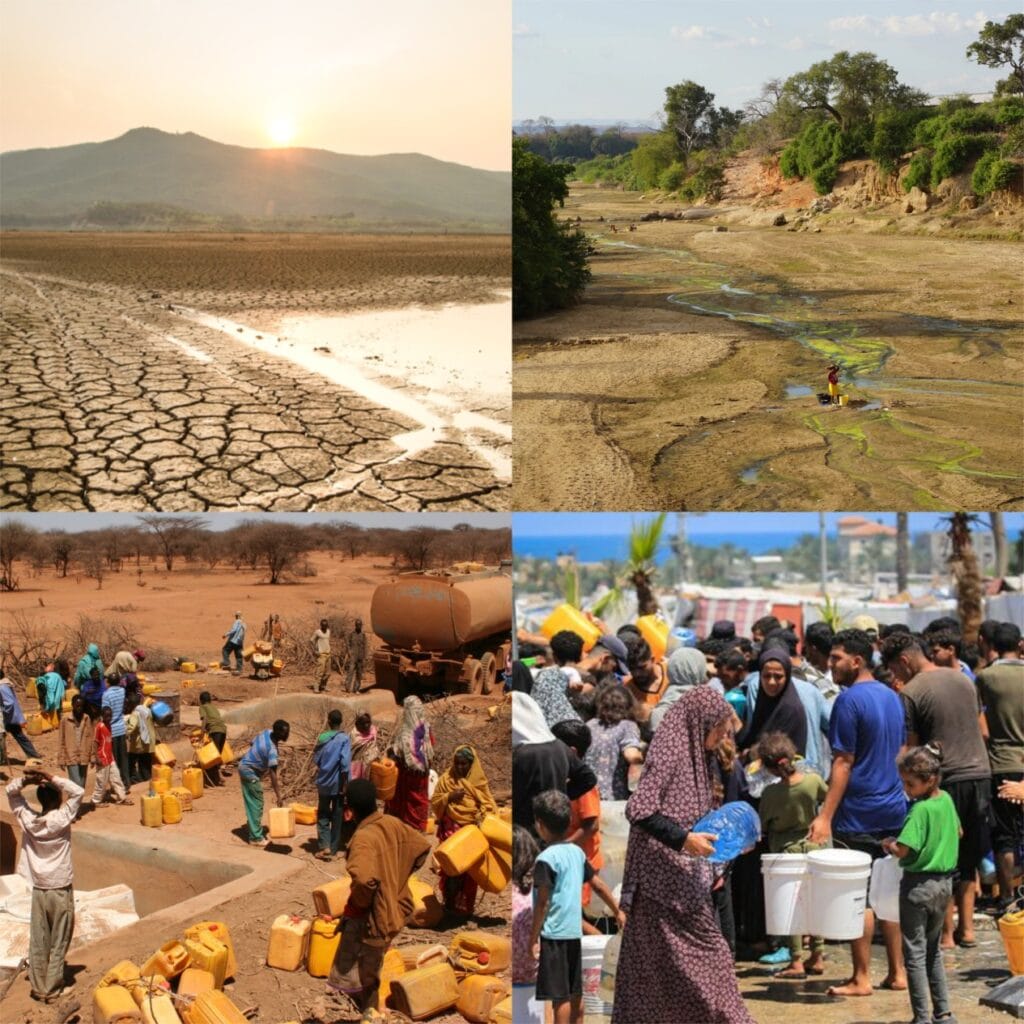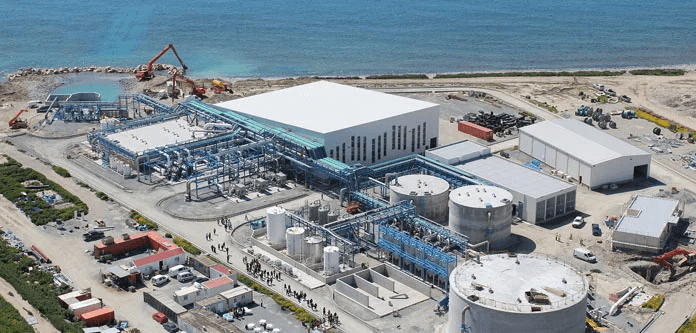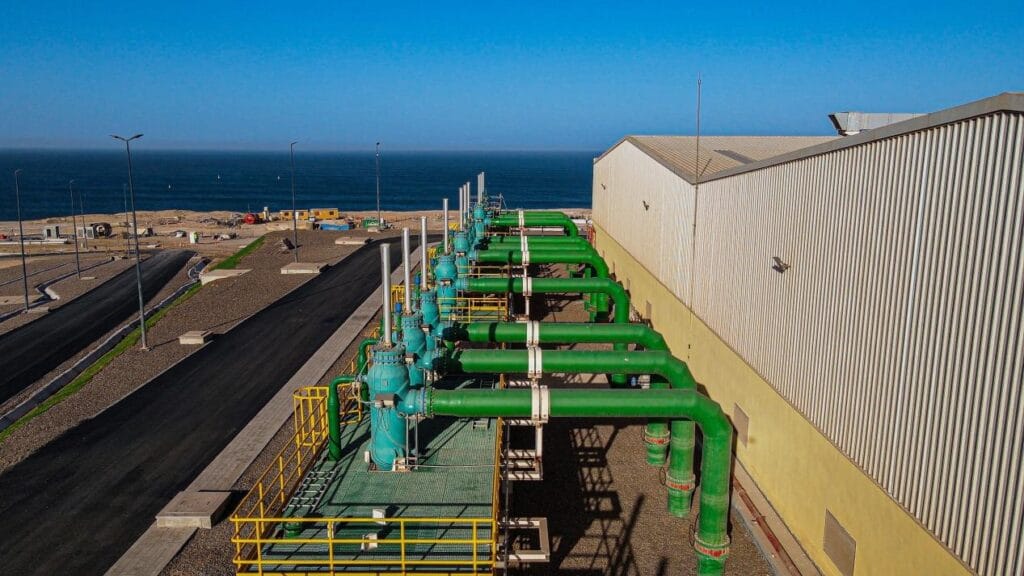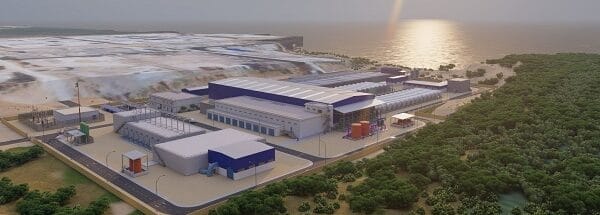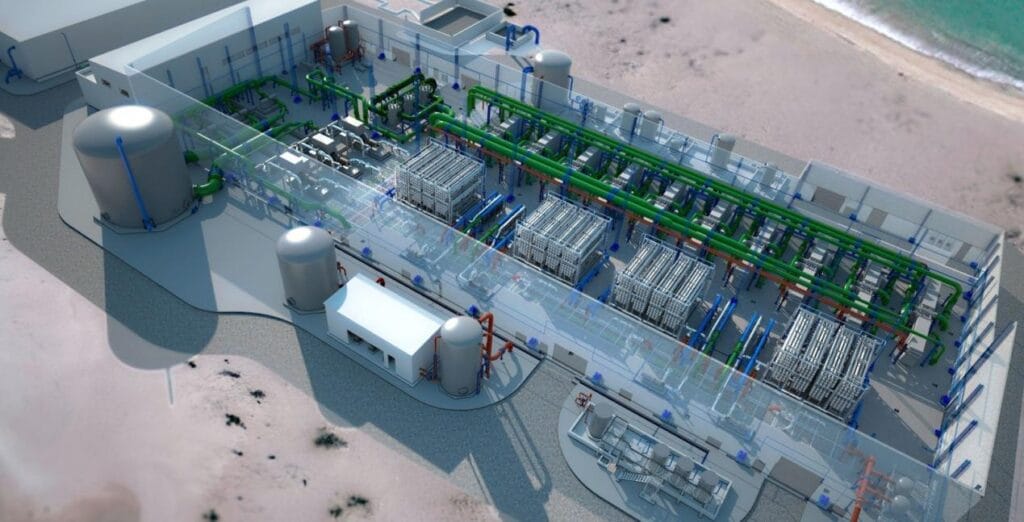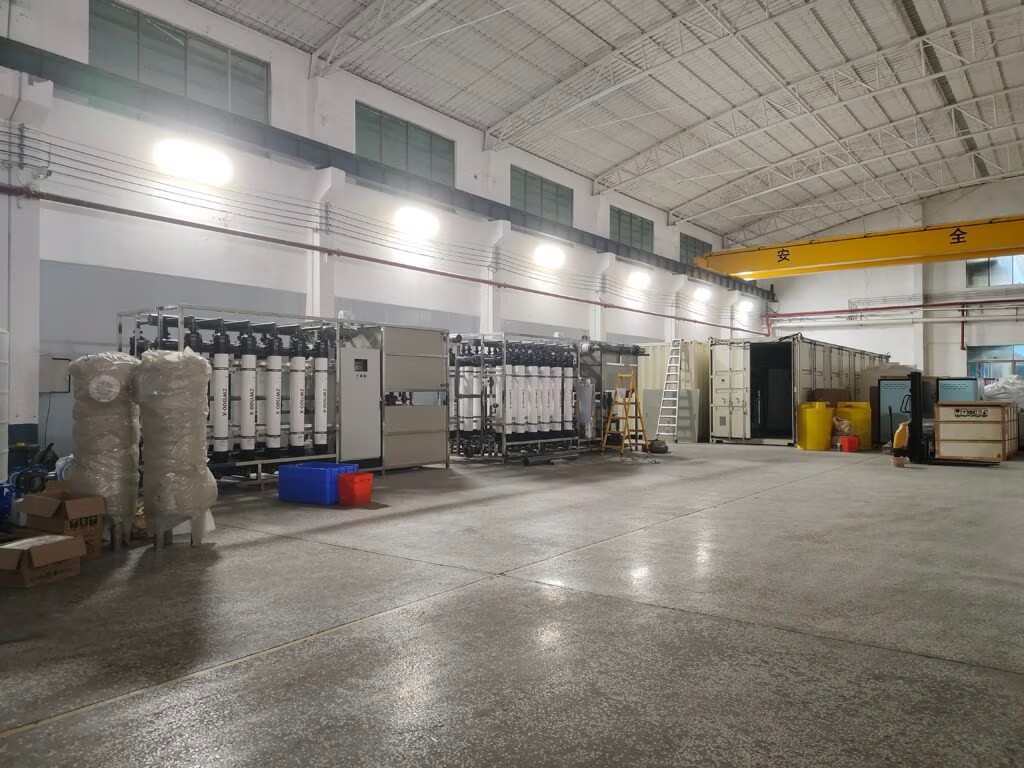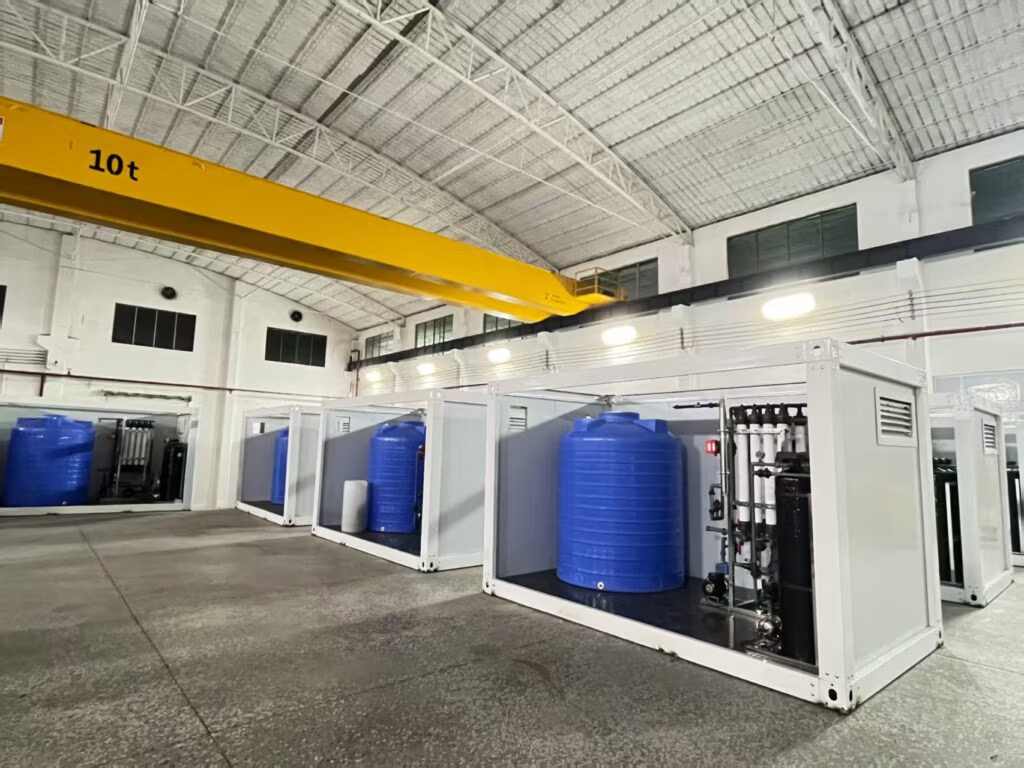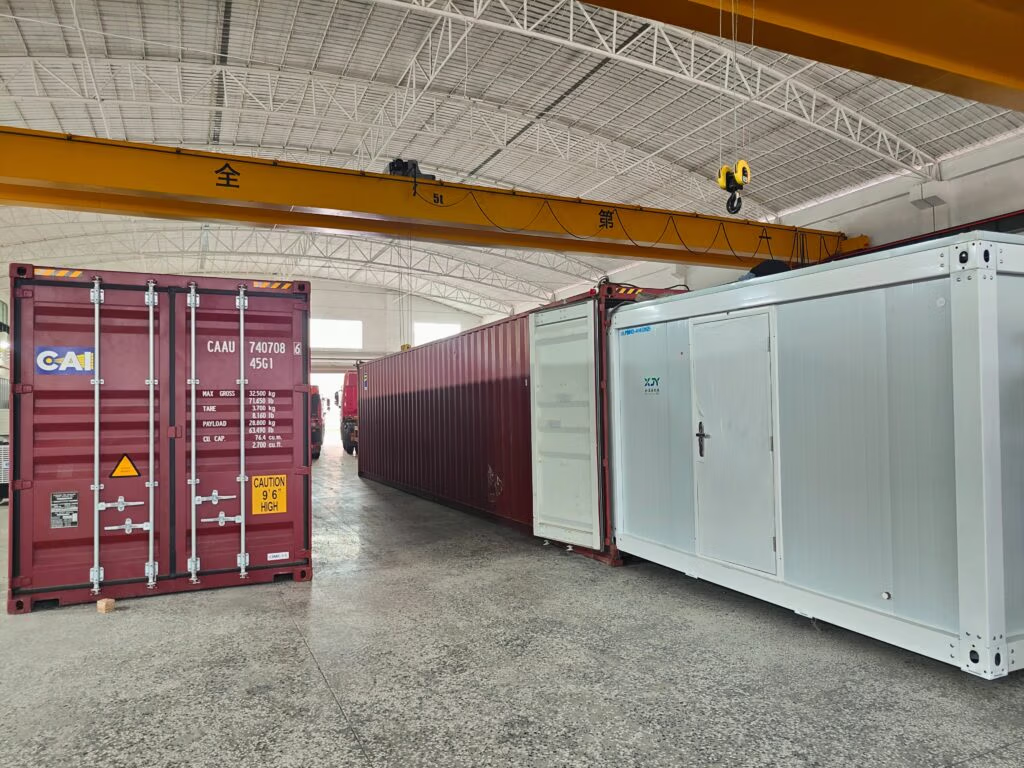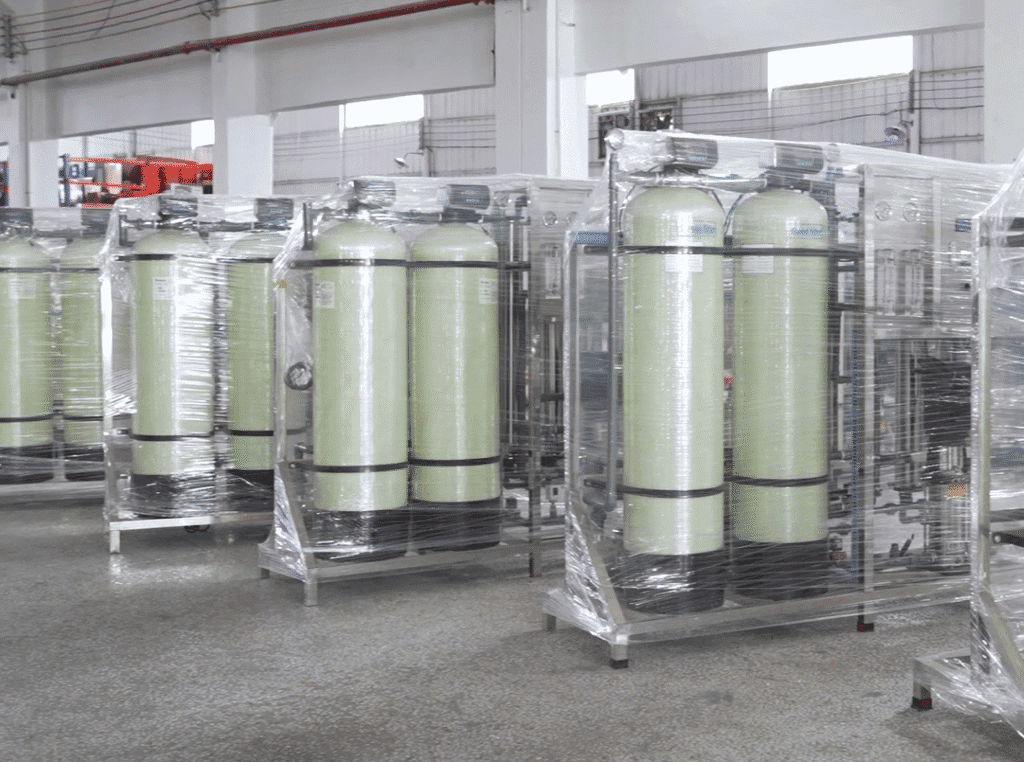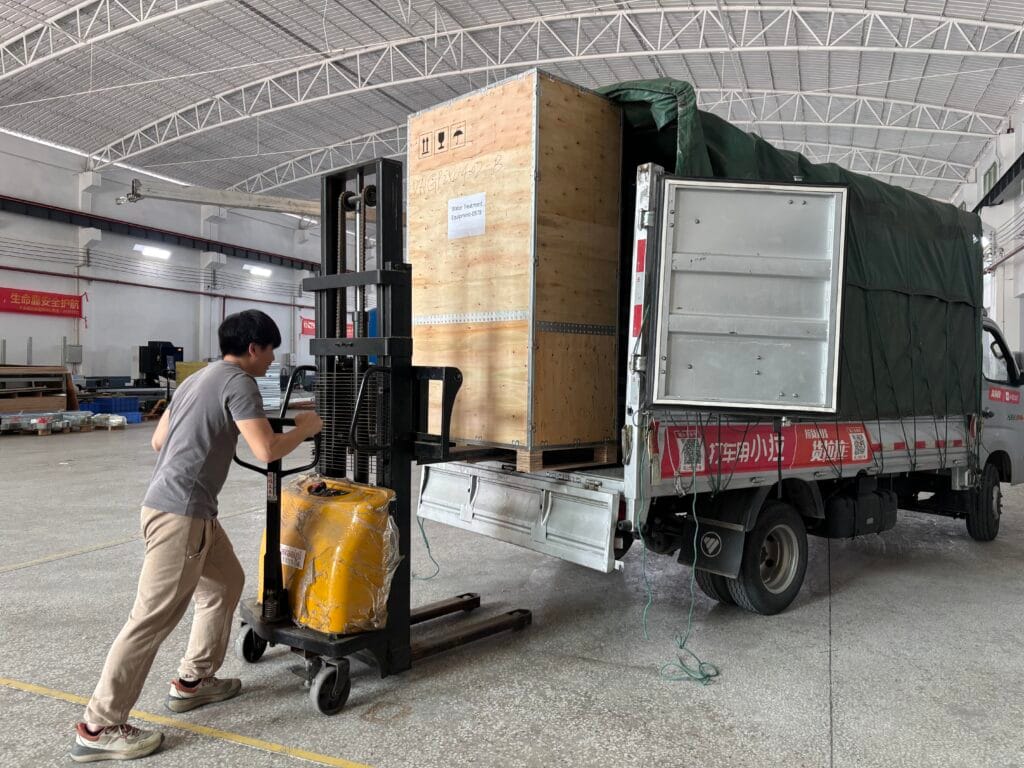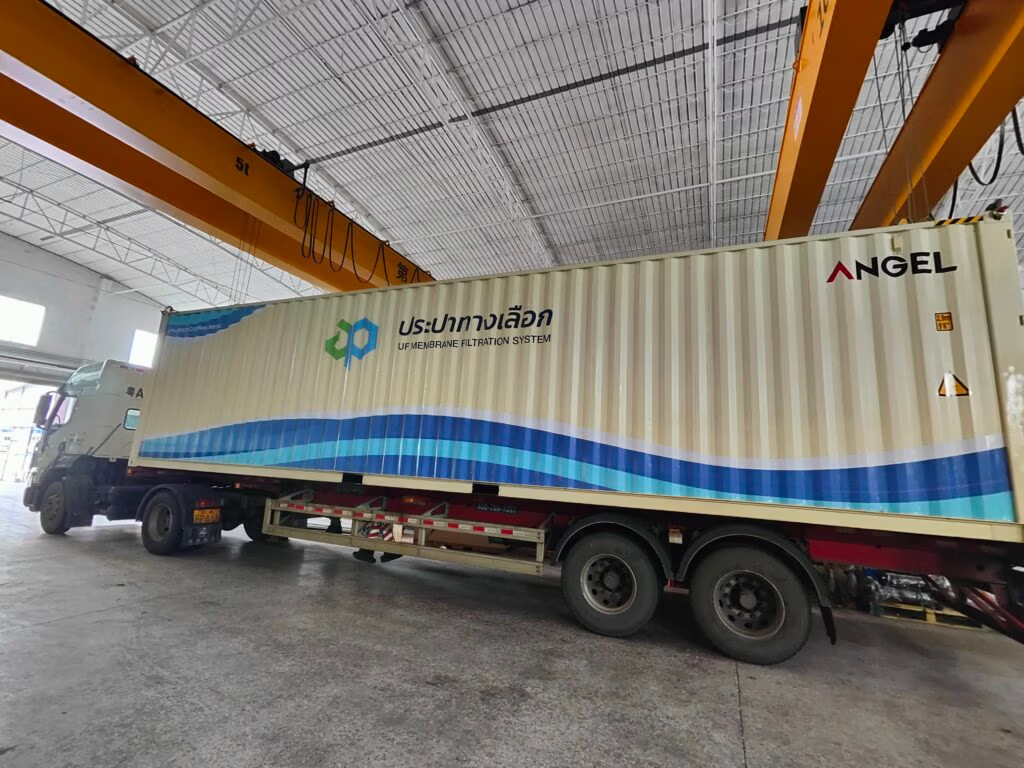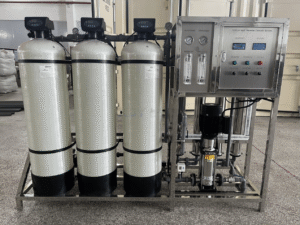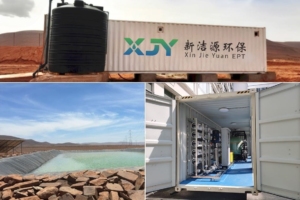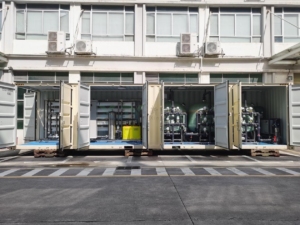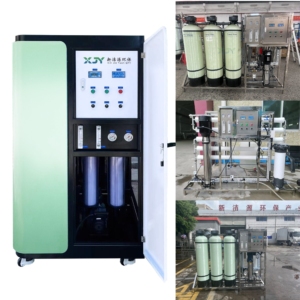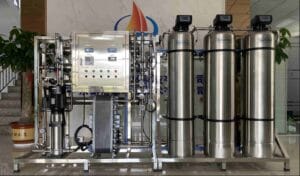We’ve all heard about water shortages and poverty in Africa. We’ve at least read headlines about regional droughts and may have even donated to a global relief organization dedicated to providing drinking water to impoverished communities. So, is there desalination plant in Africa? The answer is yes. In fact, several African countries have built or are in the process of building desalination plants to meet growing water demands.
What causes water shortages?
Africa is the second driest continent in the world after Australia. Such an arid climate naturally leads to water shortages, as rainfall only occurs during certain seasons and much of the continent relies on surface rainwater for its water supply year-round. This has made maintaining a reliable water source a difficult reality for African communities for centuries.
But as in other parts of the world, climate change is making matters worse. Climate change is causing temperatures to rise and rainfall to decrease across the continent. As a result, we are seeing increased desertification, reduced river flows, and droughts becoming the norm in many sub-Saharan countries.
What existing desalination plant is there in Africa?
Morocco is currently building the continent’s largest desalination plant near Casablanca. It will have an annual production capacity of 300 million cubic meters of drinking water. The plant will supply water to about 7.5 million people and may also be used for agricultural irrigation. The desalination process will use reverse osmosis technology, and the 360-megawatt Bir Anzarane wind farm will power it entirely. And it will use 47% of its electricity to support the desalination plant.
Another major Moroccan project is located near Rabat, and authorities announced it would start in 2024. French water expert Veolia won the bid to build the plant. Once operational, the plant will produce 822 million liters of drinking water per day, making it the largest desalination plant in Africa and the second largest in the world. It will supply water to about 9 million residents in Rabat, Kenitra and Fez.
Algeria is a country in northwestern Africa with a tropical desert climate, low annual rainfall and prominent freshwater shortages. The 300,000-ton seawater desalination project in Oran, in which China National Chemical Corporation participated in the construction, is Sinochem’s first large-scale seawater desalination project in North Africa. It is also the largest international seawater desalination project independently designed by a Chinese company and provided with a core process package. After it is fully put into production, it will significantly alleviate the local water shortage problem.
Why can desalination plant promote development?
Many people believe that lack of clean water is the cause of high poverty rates in Africa. Considering the actual situation in Africa, people need desalination technology to provide safe and reliable drinking water. Investing in desalination not only provides stable water, but also creates jobs for African communities.
For example, the first desalination plant in Ghana and even in West Africa was completed in 2015. The plant not only provides sufficient water for 500,000 residents in Accra, but also creates 400 jobs. Desalination technology can solve the problem of water shortage and give rise to a new industry dedicated to meeting local and regional water needs.
Today, the reduction of drinking water supply in Africa, coupled with the increase in water demand caused by population growth, makes desalination solutions more urgent than ever. Desalination technology has the unique potential to meet the water needs of African communities, create jobs, and meet domestic and industrial water needs.
If your organization or municipality is ready to build a desalination system, contact “XinJieYuan” today.
